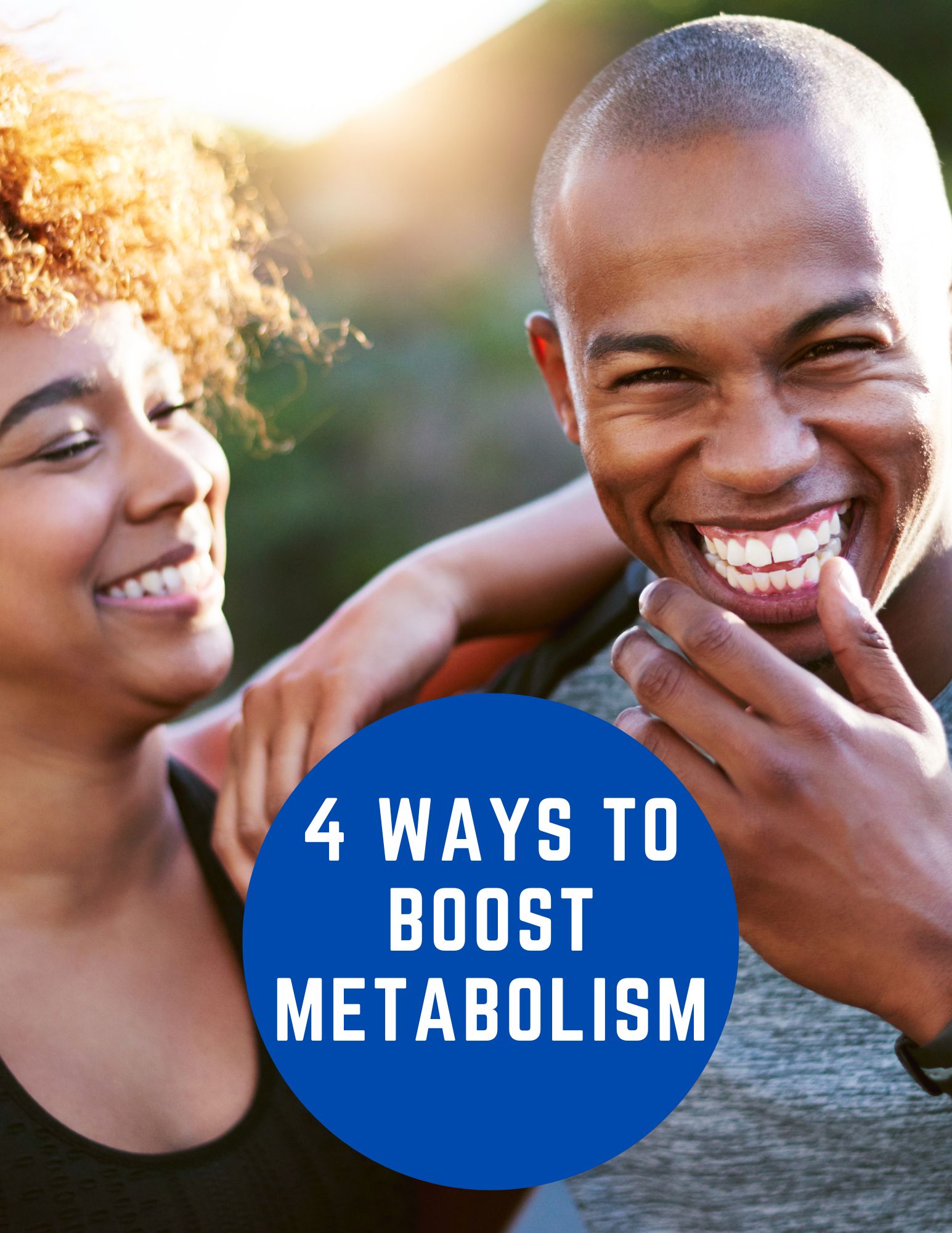What is IBS (Irritable Bowel Syndrome)?
Irritable Bowel Syndrome (IBS) is a condition that causes millions of Americans. It affects women twice as often as men. IBS is not a specific disease — it’s a collection of symptoms of the digestive, immune, and nervous systems.
IBS Symptoms
Common symptoms of IBS include the following:
- Cramping or abdominal pain
- Gas
- Bloating
- Diarrhea (IBS-D)
- Constipation (IBS-C)
- Food allergies
IBS can also have some non-digestive symptoms, including:
- Brain fog and cognitive effects
- Joint pain or body pain
- Fatigue
- Headaches
The official Rome IV criteria for diagnosing IBS is Recurrent abdominal pain on average, at least one day/week in the last three months, associated with two or more of the following criteria:
- Pain
- Associated with a change in the frequency of stool
- Associated with a difference in the form (appearance) of stool
Essentially, changes in your bowel movements coupled with frequent abdominal pain from an unknown cause are called IBS.
How is IBS diagnosed?
Providers may run basic blood tests, SIBO breath tests, or a colonoscopy to check the large intestine for structural problems like Chron’s Disease or Ulcerative Colitis. If the testing is negative, you will likely be diagnosed with IBS.
If you have blood in your stool, you must speak with a doctor because this can indicate that you have more than just IBS. Crohn’s disease and ulcerative colitis can cause blood in your stool, as can colon cancer. In contrast, IBS should not.
Treatment for IBS
Treatment for IBS is very individualized to the person’s symptoms and triggers. If certain foods trigger it, then those foods are eliminated. Conventional doctors often recommend patients lower stress and take anti-spasmodic drugs and anti-depressants. While these can ease some of the symptoms, they do not reverse the syndrome nor treat the reason why it happened. For that, you need to look for the ROOT CAUSE of IBS.
The Four Root Causes of Irritable Bowel Syndrome (IBS)
IBS has four root causes:
1. SAD diet, also known as the standard American diet high in processed foods and sugar. This diet creates a microbiome of bacteria that absorb nutrients poorly, leading to weight gain and IBS symptoms.
2. High Stress or prior trauma disrupts the serotonin pathway in the brain and the gut.
3. Gut Dysbiosis or disruption in the bacteria in the gut that absorbs nutrients and makes hormones can lead to SIBO. This gut dysbiosis from heavy metals, infections, or environmental toxin exposures.
4. Leaky gut causing inflammation from food intolerances.
A person with a poor diet, high stress and anxiety, digestive symptoms, and prior gut infection is predisposed to IBS. It is seen more often in people with mood disorders, autoimmune conditions, and hormone disorders like endometriosis and PCOS.
We’ll talk about each of these root causes and how you can restore balance so you can move beyond a life that revolves around your digestion!
Stress
There is a powerful connection between the gut and the brain. The gut is referred to as the “second brain.”
As a result, chemicals that affect our nervous system, mood, and emotions affect our gut, and in someone with IBS, this connection is even more sensitive. It also works the other way around – symptoms in your gut can affect your emotions! T
Mindfulness, meditation, and cognitive behavioral therapy have been shown to balance moods and help IBS symptoms. These don’t require sitting in one place and breathing deeply for an hour – think of it more as learning to get into a tranquil mindset by using specific thoughts, images, or deep breathing to calm yourself and bring your emotions to the center while calming your gut.
Here’s one of my favorite meditation apps called Calm. You can do it anywhere, at any time! Use mindfulness before and during your meals to eat slowly and in a relaxed, enjoyable way, rather than anxiously eating because you’re anticipating symptoms after.
Gut Dysbiosis
Until recently, Western medicine pretty much overlooked the critical role of the microbiome – the vast collection of bacteria and other organisms that live in our intestines (and outnumber us by factors of 100s!) in health. As our awareness of the impact of diet, lifestyle, and emotional stress on the microbiome has grown, we are becoming more aware of the imbalances that can lead to IBS.
If you experience gas, bloating, and mainly if it’s worse after meals, you likely have Dysbiosis. Too many harmful gut bacteria and not enough good ones can cause an imbalance called gut dysbiosis. This imbalance can arise because of
- a lack of variety in the diet,
- low fiber,
- overuse of antibiotics,
- And other medications like ibuprofen and PPIs (i.e., Prilosec) impact the gut and gut flora health by decreasing acid.
SIBO (small bacterial overgrowth) is a perfect example of this. Small intestinal bacterial overgrowth (SIBO) occurs when bacteria typically present in the large intestine move into or begin growing in the small intestine, which is supposed to be a sterile environment free from most bacteria. These colonic bacteria feed off the partially digested carbohydrates in the small intestine, prematurely fermenting them, which produces excess hydrogen and can result in gas, bloating, diarrhea or constipation.
Food intolerances
One of the facts about IBS is that “visceral hypersensitivity,” an extra-sensitive state of the intestinal lining in people with IBS, can be caused or aggravated by inflammation in the intestinal lining. Food sensitivities are one of the most common reasons for intestinal inflammation. Therefore, identifying your food triggers is critical.
The most common foods that lead to intestinal irritation are gluten-containing foods (anything with wheat, barley, or rye) and gluten cross-reacting grains, especially corn and dairy products, including milk, yogurt, cheese, and other milk-based products (butter which is usually easy to tolerate).
Of note, many people diagnosed with IBS might have celiac disease. See your doctor to get tested for celiac disease if you have significant symptoms when eating gluten-containing foods.
How to Heal IBS Naturally
Identify Your IBS Triggers
When identifying your IBS triggers, you first have to learn to connect the dots – that is, you have to start to pay attention to when symptoms occur. Doing this can begin to clue you into some causes of your IBS.
One of the most effective tools for identifying triggers is keeping a 5-day food journal. Write down what you eat at each meal and snack, and then notice how you feel between 15 minutes and an hour later. If you can tack several hours later, that is even better.
Please take this information to your doctor to help them assess what is causing your digestive symptoms. That way, you can get the proper tests.
Based on your symptoms, you may need:
- Food sensitivity testing
- Adrenal/thyroid/metabolic labs
- Breath test
Diet and Lifestyle
The foundation of your gut health lies in diet and lifestyle changes. It’s important first to address these fundamentals in your IBS treatment plan.
A “Low FODMAP” Diet For Irritable Bowel Syndrome (IBS)
If you’ve been searching for answers for IBS, you’ve likely heard of the Low FODMAP Diet since it’s a commonly suggested diet approach in both conventional and integrative and functional medicine. A Low FODMAP Diet is a diet in which you avoid foods high in specific short-chain carbohydrates. Studies have shown that it may provide symptom relief for IBS, including when it’s associated with endometriosis.
It removes foods that are high FODMAP foods, including:
- Gluten-containing grains (wheat, barley, rye)
- Dairy
- Legumes
- Onions
- Cauliflower
- Mushrooms
- Apples
- Pears
- Dried fruit
- Stone fruit
- Watermelon
While this diet may be helpful for symptoms in the short term to decrease symptoms, the overall goal is not to entirely or permanently remove these foods from your diet but to become able to tolerate them through healing your gut. Eliminating these foods is not optimal as it removes many healthy foods, including some essential foods for gut healing and long-term health, like greens, legumes, and beans.
Remember, this is not meant to be a long-term diet, so it’s essential to expand your diet using a reintroduction protocol to re-challenge these foods after about 6-8 weeks. Working with an integrative or functional nutritionist can help offer guidance.
But you don’t have to be that restrictive if you find it difficult or have disordered eating to get results. Here is another approach.
A standard IBS-friendly or anti-inflammatory diet is as effective at relieving IBS symptoms as stricter elimination plans, so it’s not always necessary to go to this level. This eating pattern includes regular meals, avoiding coffee, spicy foods, and unhealthy fats, and getting ample fiber, fresh fruits and veggies, and good quality fats.
Foods high in antioxidants include:
- Apples
- Artichokes
- Avocados
- Beans (such as red beans, pinto beans, and black beans)
- Berries (such as blueberries, raspberries, and blackberries)
- Broccoli
- Cherries
- Dark chocolate (at least 70% cocoa)
- Dark green leafy vegetables (such as kale, spinach, and collard greens)
- Nuts (such as walnuts, almonds, pecans, and hazelnuts)
- Sweet potatoes
- Whole grains
Omega-3 fatty acids are “good fats” that may help protect against heart disease, cancer, arthritis, and other conditions.
Foods high in omega-3 fatty acids include:
- Flaxseed
- Oily fish (such as salmon, herring, mackerel, sardines, and anchovies)
- Omega-3-fortified foods (including eggs and milk)
- Walnuts
- There is also evidence that certain herbs and spices, such as ginger, turmeric, and garlic, can help alleviate inflammation.
Other ways to improve gut health include
- Eliminating medications that interfere with gut flora and gut health,
- Adding fermented foods into your diet regularly (sauerkraut, kimchi, miso, and if you tolerate it, yogurt or kefir), and
- Take a daily probiotic that contains the helpful species I mentioned above.
Sometimes it is also necessary to reduce the number of not-so-great gut bugs using herbal medicines such as Oregon grape root, oregano, or thyme essential oil. A couple of the products I use in my practice that contain herbs like these are Candibactin AR, which I use for gas and bloating, and Candibactin BR, which I use for SIBO.
IBS with constipation:
If you are predominantly constipated, increase your intake of fruits and veggies, especially high-fiber veggies -like cooked leafy greens including kale, collard greens, and broccoli – and high-fiber fruits like apples can get your bowels going.
For IBS with constipation:
- Increase your fiber intake (30-50 grams/day) by eating various veggies, ideally 2 servings per meal.
- 1-2 TBSP ground flax seed daily, can be used in a tea
- 300-600 mg of magnesium citrate before bed to get your bowels going regularly
- A probiotic
- Peppermint Oil capsules
- Ginger can help with intestinal motility, gas, and bloating.
Additionally, certain foods trigger many people and are more problematic if you have IBS. These include caffeine, fatty foods, and alcohol, so pay attention to whether they trigger you and avoid them for now if they do.
IBS with loose stools:
On the other hand, if you are more prone to loose stools, fruit and veggies, especially those high in fructose, can be a significant trigger for you.
- Back down on the raw veggies and lean into steamed veggies instead.
- Go Fructose and Lactose-free for 4 weeks; after 4 weeks reintroduce only one or the other for a week, see how you feel and if symptoms return, that’s your answer, give another week and repeat with the alternate group that you hadn’t yet reintroduced.
- Ginger can help with gas and bloating
- If gas, bloating, or loose stool is a problem premenstrually, you can try the “low FODMAPs ” plan in this article for 3 to 5 days before your period.
- If you struggle with ‘endo-belly’ – gas, bloating, loose stools, constipation, at any time in your cycle, or premenstrually due to endometriosis, you can also try the “low FODMAPs ” plan – low FODMAPS gentle is helpful for endometriosis-related digestive symptoms but is too strict as a daily diet; low FODMAPS gentle is much easier to do.
How is IBS diagnosed?
Providers may run basic blood tests, SIBO breath tests, or a colonoscopy to check the large intestine for structural problems like Chron’s Disease or Ulcerative Colitis. If the testing is negative, you will likely be diagnosed with IBS.
If you have blood in your stool, you must speak with a doctor because this can indicate that you have more than just IBS. Crohn’s disease and ulcerative colitis can cause blood in your stool, as can colon cancer. In contrast, IBS should not.
Decrease your IBS symptoms with Integrative Medicine
If you’re feeling overwhelmed by these suggestions, it might be time to work closely with a holistic doctor. We can help you identify the ROOT Causes of your IBS and get a personalized plan to cure your IBS.



